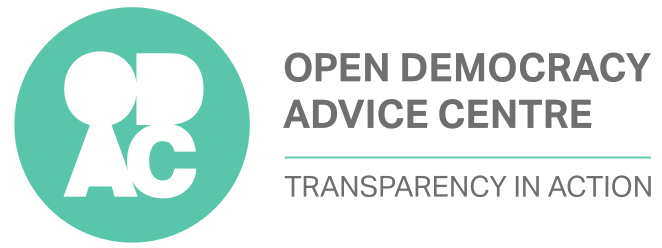Practical Guidelines for Employees
On 31 August 2011 the Minister of Justice finally published Practical Guidelines for Employees on the Protected Disclosures Act.
To download these guidelines click on link
Practical Guidelines for Employees on the Protected Disclosures Act
Whistleblowing: Protected Disclosures Act .
The Protected Disclosures Unit runs three projects to strengthen whistleblowing – a schools project, drivers of change and a speak out network.
Schools Project
Schools provide an environment where these issues can be explored, tested and practised in a meaningful way. They are also a spring board into broader society and thus have the potential to multiply the impact of the lessons learned by young people taking them home with them and into their broader communities, youth groupsand sports clubs.
Drivers of Change
A three-year project , includes organising and facilitating whistleblowing training workshops for trade unions; producing training material for union activists (flyers, manuals, T-shirts, statutes); organising an implementers’ forum for government officials on the Protected Disclosures Act to raise awareness and build capacity around the implementation of the Act.
The Speak Out Network
A three-year project, involves advocacy work with key stakeholders to strengthen the legislative framework to encourage more people to use the Act. Its focus at present is law reform. In this regard, it seeks to get comprehensive guidelines on the PDA and a Code of Good Practice included in the Labour Relations Act through the NEDLAC Labour Chamber to enable more people to speak out against wrongdoing.
Whistleblowing – A quick reference Guide (click image to enlarge )
The Protected Disclosures Act came into force in February 2001. It encourages people to raise concerns about improprieties in the workplace and will help ensure that organisations respond by
- addressing the message rather than the messenger; and
- resisting the temptation to cover up serious malpractice or “improprieties”.
Through protecting whistleblowers from being subjected to an occupational detriment in the following circumstances, the Act promotes the public interest.
Download the Protected Disclosures Act (94.24Kb)
Whistleblowing Facts
The Protected Disclosures Act of 2000
- Applies to every employer and protects every employee
- Wide definition of wrongdoing
- Detriment or dismissal automatically unfair
- Provides for financial (and other) compensation
- Covers malpractice or “impropriety” which occurs outside the Republic of South Africa
- Allows disclosures of impropriety to person other than employer
